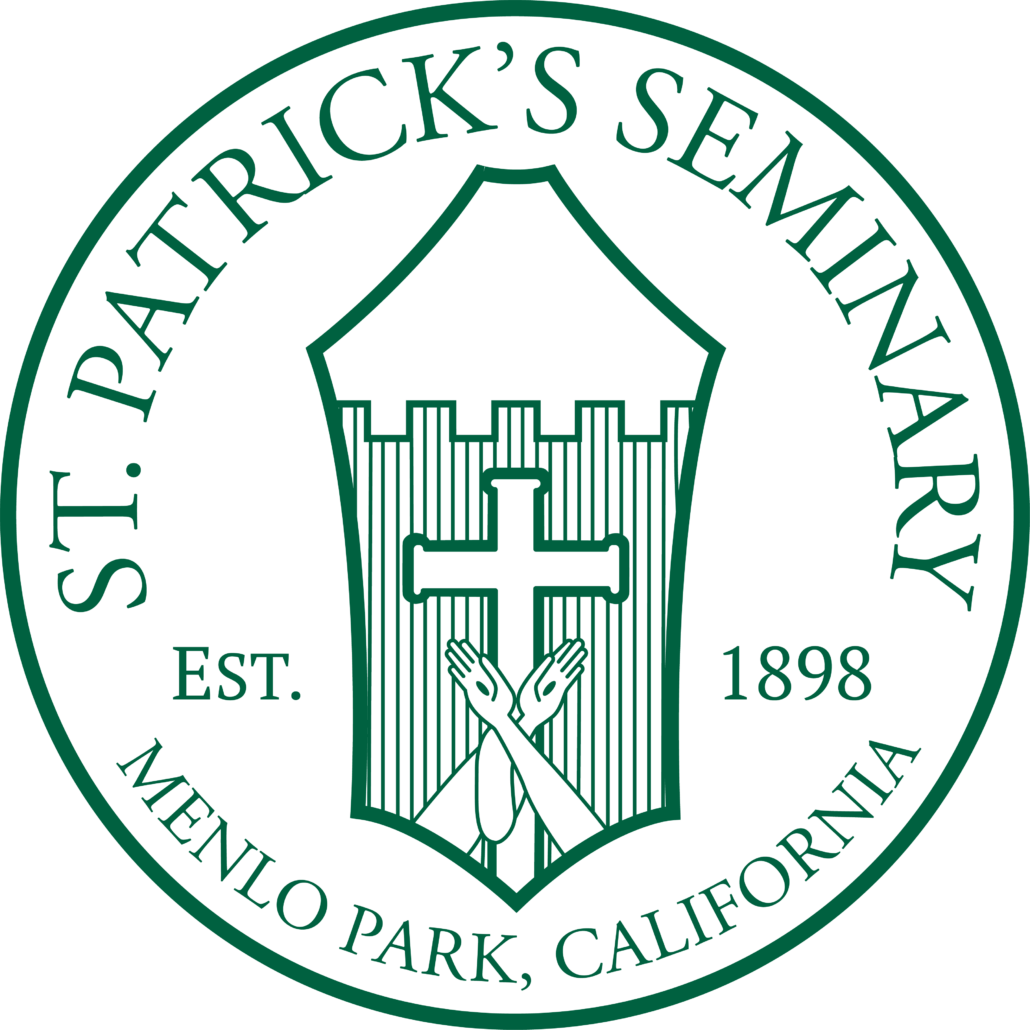Bachelor of Sacred Theology
The Configuration Stage
The Bachelor of Sacred Theology (STB) degree is an ecclesiastical degree program. The purpose of this program is to provide the student with a solid, organic, and complete instruction in theology at the basic level, enabling graduates to pursue further studies in the sacred sciences. Seminarians at St. Patrick’s may pursue the MDiv and STB degrees concurrently. The STB degree is granted and conferred by an affiliated institution.
Prerequisites for Admission:
Applicants for admission to the STB program must have a bachelor’s degree from an accredited college or university. The applicant must have a minimum of thirty (30) semester credit hours in philosophical studies appropriate for theological coursework (including the History of Philosophy, Logic, Philosophical Anthropology, Philosophy of Nature, Metaphysics, Philosophy of God, Philosophical Ethics, Epistemology) and a reading knowledge of Latin as verified by coursework, or the passing of a reading exam administered by the Academic Office.
All other admission requirements as outline in Section IV of the academic catalog apply. The academic prerequisites for admission will be evaluated by the Academic Dean who may, in individual cases, allow the student to remedy particular deficiencies during the first year of the program.
Program Requirements:
The program requires completion of 93 credits according to the following distribution:
- Sacred Scripture 20 credits
- Moral Theology 15 credits
- Dogmatics 48 credits
- Pastoral Theology 6 credits
- Biblical Greek I and II 4 credits
If the student enters the STB Program with a reading competence in Greek, coursework in Greek may be waived if competence is demonstrated with the successful passing of a reading examination administered by the Academic Office.
The student in the STB Program must maintain a cumulative GPA of 3.0 in STB coursework. He must pass an oral and a written comprehensive examination in the final semester of the program with an average score of 3.0 out of 4.0 on each examination. Further details about the STB comprehensive exams may be found in the STB Study Guide made available from the Academic Office.
The STB Course of Study is as follows:
Theology I
MT-4101: Fundamental Moral Theology (2)
SL-5211: Liturgical Theology (2)
SS-4102: Pentateuch & Historical Books (3)
SD-4101: Fundamental Theology (3)
SD-4122:Church History I (3)
Theology I
MT-4111: Spiritual Theology (3)
MT-5202: Virtue & Vices (2)
SS-4104: Prophets (3)
SD-4122:Church History I (3)
Theology II
GR-102: Biblical Greek I (2)
PS-7311: Canon Law I: Introduction (2)
SD-5213: Christology/Soteriology (3)
SD-5226: Church History II (3)
SL-5203: Baptism Confirmation (3)
SS-5218: Matthew-Mark (2)
Theology II
GR-102: Biblical Greek II (2)
MT-5206: Sexual Ethics and the Person (3)
SD-5211: Trinity (3)
SS-5217: Luke-Acts (2)
Theology III
MT: 7304: Catholic Social Teaching (2)
PS-8432: Canon Law II: The Sacraments (2)
SD-8431: Ecclesiology (3)
SL-7302:Eucharist (3)
SS-4109: Gospel of John (3)
Theology III
MT-7305: Bioethics (3)
PS-8456: Canon Law III: Marriage (2)
SL-8405: Holy Orders and Marriage (2)
SS-5211: Pauline Corpus (3)
Theology IV
SD-7328: Sources of Renewal (2)
SS-5215: Hebrews, Catholic Epistles & Revelation (2)
SL-8404: Penance & Anointing (3)
Theology Elective – Required (2)
Theology IV
SD-8436: Apologetics and the New Evangelization (2)
SD-9436: Mariology (2)
SD-9600: Comprehensive Oral (0)
SD-9601: Comprehensive Written (0)
SS-5213: Wisdom Literature (2)
Theology Elective – Required (2)
In the Spring semester of Theology IV, seminarians must pass both the oral and written S.T.B. comprehensive examination.

